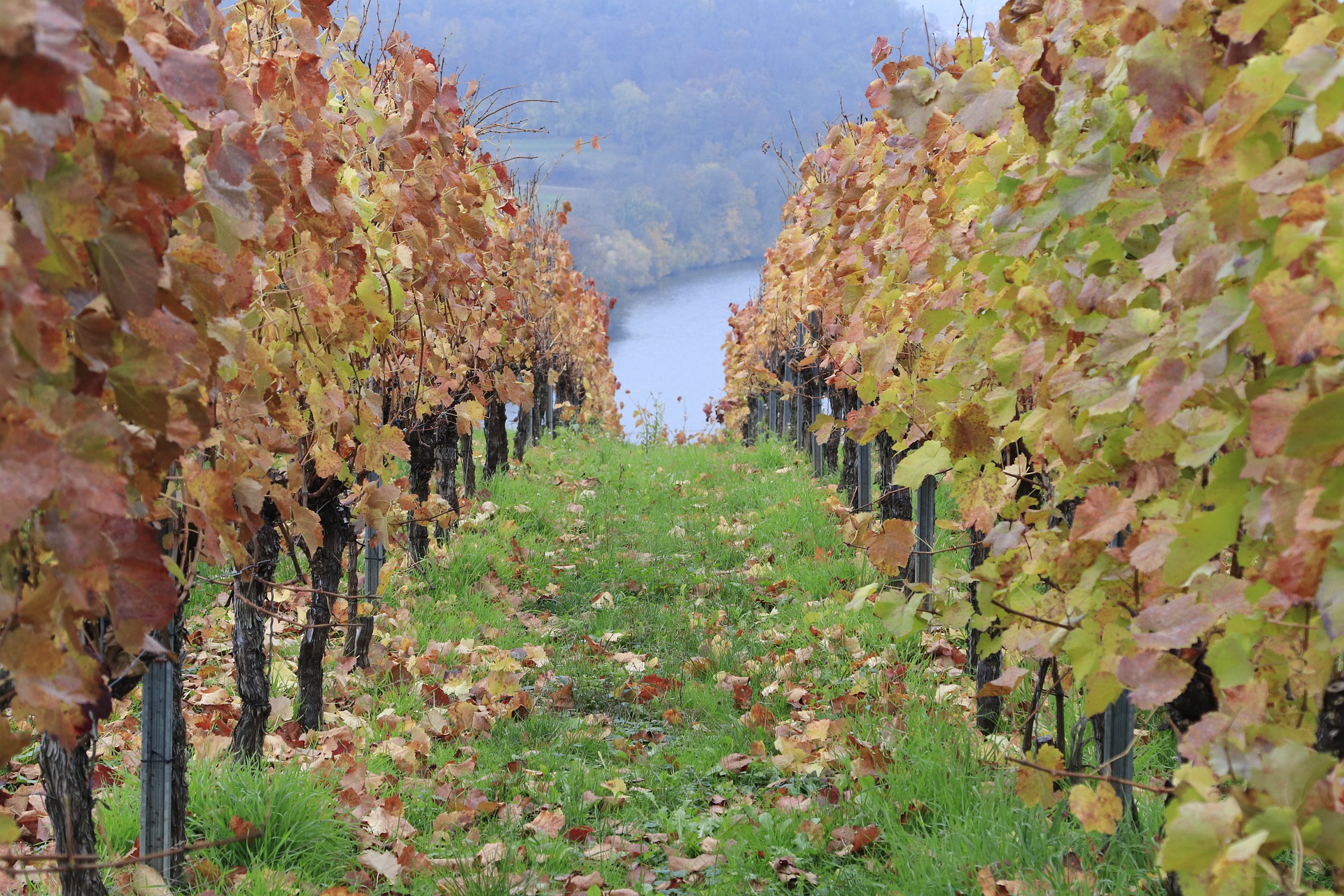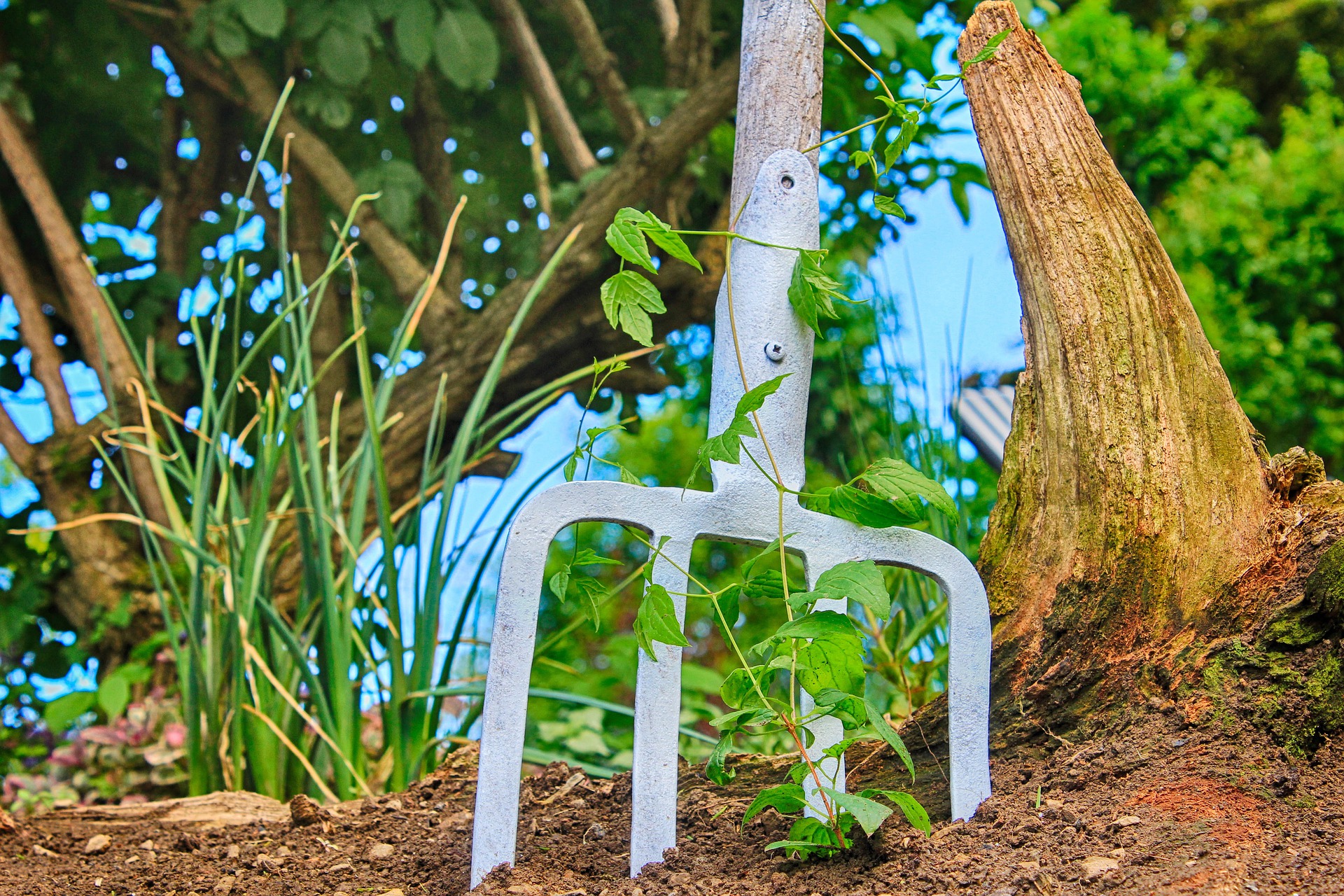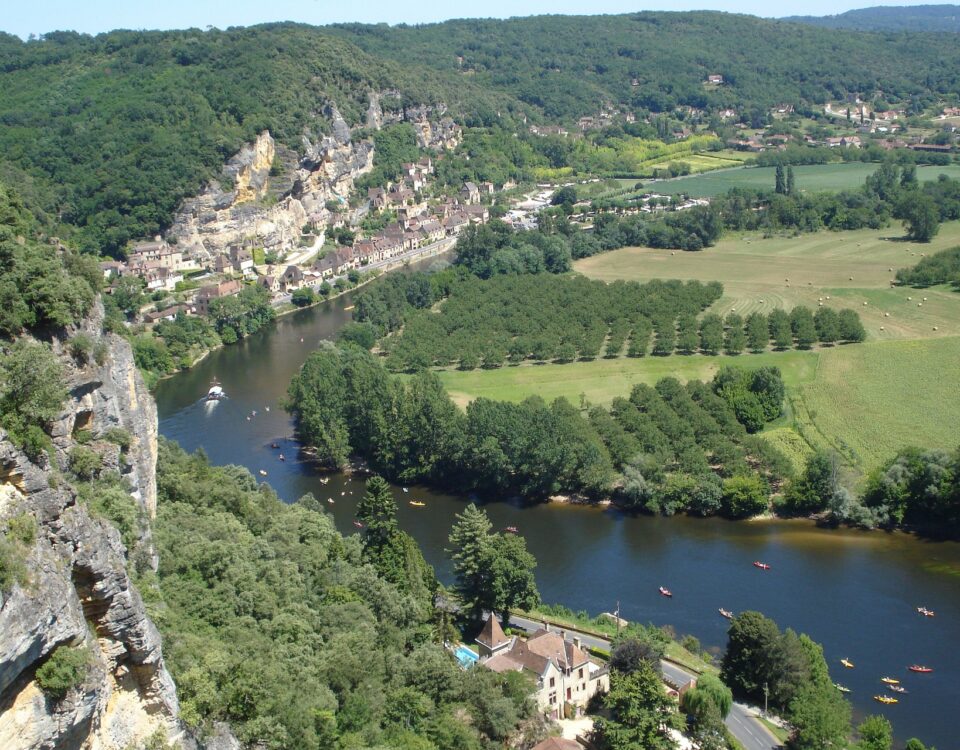
EUROPE – EFSA – Public consultation: Draft Guidance for Photo Transformation Compounds in PECgroundwater Modelllings
4 June 2020
EUROPE – EFSA: Revision of Surface Water FOCUS Scenarios
19 June 2020The European Green Deal sets out how to make Europe the first climate-neutral continent by 2050. This initiative is implemented through several strategies such as the “Farm to Fork Strategy” and the “Biodiversity Strategy for 2030”.
Why?
The increasing recurrence of droughts, floods, forest fires and new pests are a constant reminder that our food system is under threat and must become more sustainable and resilient. More recently the COVID-19 crisis has highlighted the weakness of the globalised food systems, their lack of resilience, and the need to address them by becoming more sustainable.
5 key points:
– Make sure Europeans get healthy, affordable and sustainable food.
– Tackle climate change.
– Protect the environment and preserve biodiversity.
– Fair economic return in the food chain.
– Increase organic farming.
Farm to Fork Strategy
The Farm to Fork Strategy is at the heart of the European Green Deal aiming to make food systems fair, healthy and environmentally-friendly.
Targets:
– Concerning the use of pesticides in agriculture:
- Reduce by 50% the use and risk of chemical pesticides by 2030.
- Reduce by 50% the use of more hazardous pesticides by 2030.
– Concerning the excess of nutrients, a major source of air, soil and water pollution:
- Reduce nutrient losses by at least 50%, while ensuring no deterioration on soil fertility.
- Reduce fertiliser use by at least 20% by 2030.
– Concerning antimicrobial resistance, leading to an estimated 33 000 human deaths in the EU each year (linked to the use of antimicrobials in animal and human health):
- Reduce by 50% the sales of antimicrobials for farmed animals and in aquaculture by 2030.
– Concerning the organic farming:
- Reaching 25% of total agricultural land under organic farming by 2030.
How will the targets be reached?
– Create a healthy food environment for an easier healthy and sustainable choice.
– Propose mandatory harmonised front-of-pack nutrition labelling for a healthy and sustainable diets choice by consumers.
– Reduce by half food waste per capita by 2030.
– Invest in Research and Innovation related to food, bioeconomy, natural resources, agriculture, fisheries, aquaculture and environment.
– Promote the Global transition, by making European food famous for its sustainability.
Also, a public consultation is actually open for the future revision of the European rules on the sustainable use of pesticides. This SUD directive could be the crucial tool to achieve these targets and thus should be strengthened.
Biodiversity Strategy
The complementary Biodiversity Strategy for 2030 will address the main causes of the biodiversity loss, such as the non-sustainable use of lands and seas, the overexploitation of natural resources, the climate change, the pollution and the invasive alien species.
The following actions will be put in place for the protection and restoration of nature:
– Establishing and effectively managing protected areas for at least 30% of European lands and seas by 2030.
– Restoring degraded terrestrial and marine ecosystems in Europe.
– Contributing to the protection of protected habitats and species.
– Halting and reversing the decline of pollinators by bringing them back to farmland.
– Reducing pollution.
– Greening urban spaces.
– Strengthening organic farming and other biodiversity-friendly agricultural practices.
– Planting at least 3 billion additional trees.
At least €20 billion a year should be unlocked for spending on nature, mobilising private and public funding at national and EU level.
To download:
Farm to Fork Strategy and its annex
Biodiversity Strategy for 2030 and its annex
Lynxee consulting’s team is at your disposal to answer your questions.
Contact us! https://lynxee.consulting/en/contact/


